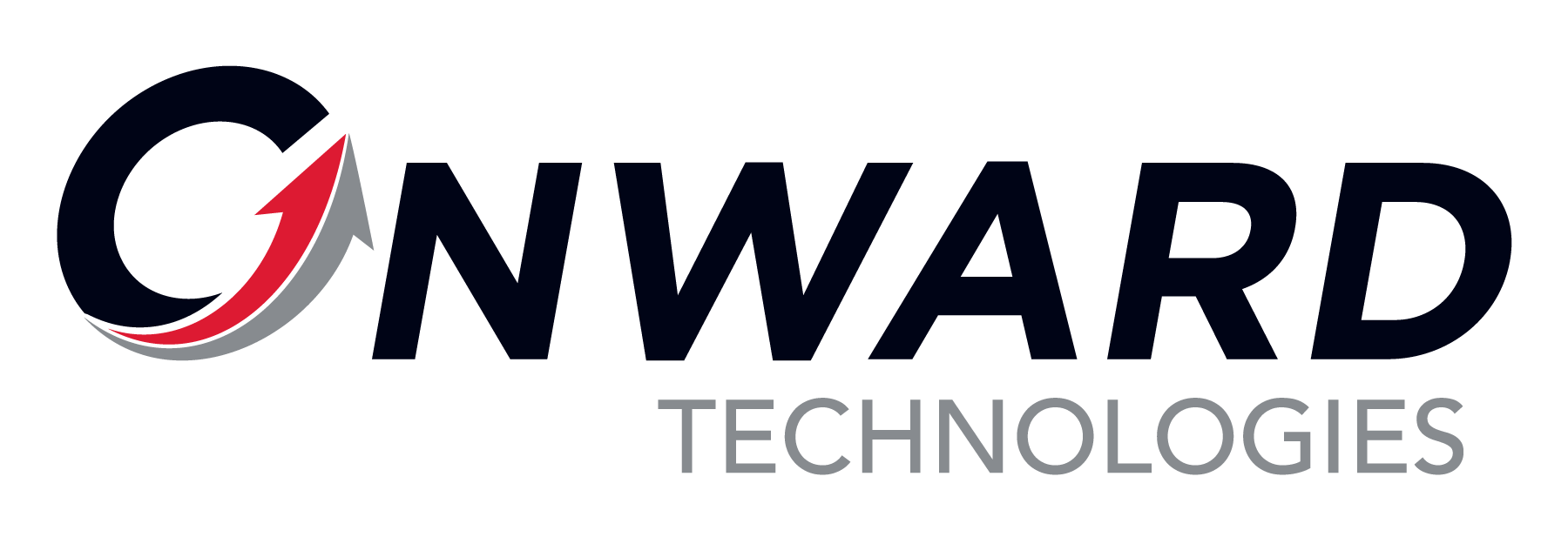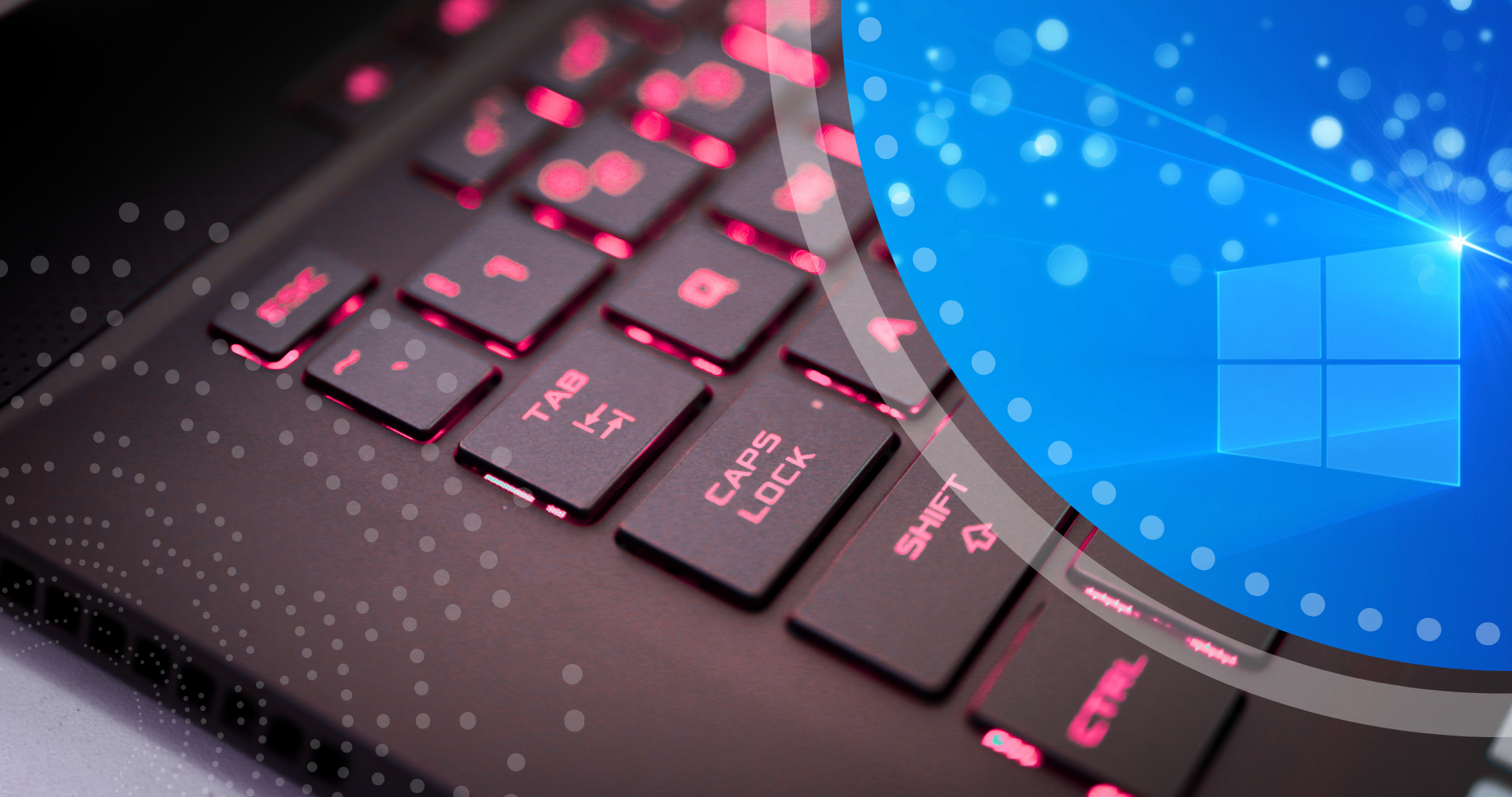As of October 14, 2025, Windows 10 is no longer supported by Microsoft. Organizations that haven’t transitioned to Windows 11 or alternative solutions must act quickly to stay secure and compliant.
Microsoft has officially announced that support for Windows 10 will end on October 14, 2025. While that date may seem far off, businesses that rely on Windows 10 should start planning now. Waiting until the last minute can expose your organization to serious risks—including security vulnerabilities, compliance issues, and unexpected costs.
Key Dates to Know
Now:
Windows 10 is still receiving regular security updates and support.
October 14, 2025:
Microsoft officially ends support for Windows 10.
Post 2025:
No more security patches, bug fixes, or technical support unless you pay for Extended Security Updates (ESUs)—which may not be cost-effective for SMBs.
If your business has hundreds of devices still running Windows 10, this timeline is shorter than it appears. Hardware, licensing, migration, training, and testing all take time.
Why Running Unsupported Windows Systems Puts Your Business at Risk
When Windows 10 support ends, businesses that fail to upgrade will be left vulnerable in several key areas:
Security Threats
Without regular security updates, unsupported Windows 10 machines become easy targets for cyberattacks. Ransomware, phishing, and zero-day exploits often target outdated systems. 📊 Stat: 62% of SMBs that experience a cyberattack report that outdated software played a role in the breach. (Source: Ponemon Institute)
Compliance Violations
Industries governed by regulations like HIPAA, PCI-DSS, or FINRA may require all systems to be on supported software. Running unsupported operating systems could result in audit failures, fines, or legal exposure.
Software Incompatibility
As time passes, third-party applications will stop supporting Windows 10. That could mean lost productivity or even mission-critical applications failing without warning.
Operational Downtime
IT teams will spend more time troubleshooting outdated systems, leading to increased downtime, inefficiencies, and frustration among employees.
What Your Business Should Do Next
Here’s how to prepare for a smooth, secure transition away from Windows 10:
1. Inventory Your Devices
Identify all endpoints still running Windows 10. Note their age, specs, and eligibility for Windows 11 upgrades.
2. Assess Hardware Compatibility
Not all Windows 10 machines can handle Windows 11. Check the hardware requirements and determine which systems need to be upgraded or replaced.
3. Create a Migration Timeline
Don’t wait until 2025. Plan your upgrades in phases to avoid last-minute rushes, business disruptions, or unexpected costs.
4. Back Up Your Data
Ensure all critical data is securely backed up before starting OS migrations. This reduces the risk of data loss during transition.
5. Train Your Staff
Windows 11 introduces new UI elements and workflows. Prepare training materials or work with a partner to ensure a smooth user transition.
6. Partner with a Managed IT Provider
A trusted MSP can guide you through hardware selection, licensing, data migration, and ongoing support. They can also ensure your systems stay compliant and protected throughout the process.
Final Thought
The end of Windows 10 support isn’t just an IT milestone – it’s a business-critical event. Proactive planning now can save your organization from future headaches, downtime, and security breaches.
Don’t wait until the deadline forces your hand. Start the conversation today and ensure your technology is an asset, not a liability.
Ready to upgrade? Contact Onward Technologies to build a migration plan that protects your business.




